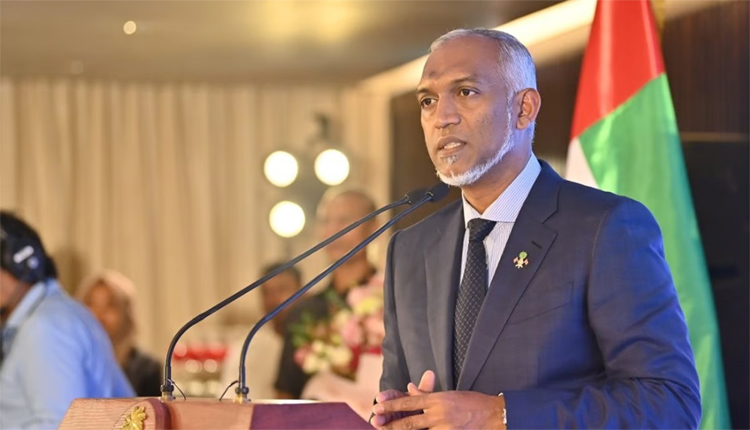Male: The situation has deteriorated into a major confrontational state in Maldivian politics after almost a year of power exchange turbulence whereby Indian people critical of Mohammad Muizzu are now the president, positioning the country towards India. The mixture of political paradigm and escalated tensions, following a controversial article written by the Washington Post, has made the matter more sour. The article claimed that India is presently reconnoitring the ground in the Maldives for a soon-to-happen military coup, and this assertion was immediately rejected by the Palestinian opposition leader Mohamed Nasheed.
In a dialogue with the Indian Express, Nasheed, the main opposition leader, separated India from these accusations by the Washington Post and described the allegations as groundless. His main point was that India carries out its activities in a very democratic and open manner and is in full, i.e., the law is not there to speak about such actions secretly.
The Washington Post, a respectable news outlet, referred to the Democratic Renewal Initiative report, which had made order out of chaos, that the Maldivian opposition is going to cheat the 40 MPs with the aid of bribes, among them being the members of Muizzu’s party. The report also stated that Indian intelligence is involved in the case, as 10 senior officials from the police and members of the ruling party are alleged to be receiving bribes from India to carry out the project.
Of course, Nasheed completely rejected these comments. “I simply do not believe that India will take such actions to achieve the change of government. No such thing was ever discussed with me,” he expressed his stance. The politician, who has been in politics for over twenty years and has been cooperating with the Indian government and other authorities, pointed out that India respects the views and the choices of other countries.
“The country does not impose its views and beliefs on others, nor on their political parties or leaders, even when there is disagreement,” he remarked.
These occurrences are being encountered along with the ongoing anti-India rhetoric from some people and ministers who are Muizzu’s government members. Nevertheless, pointing to the implications of the Indian case in terms of democracy and the fact that its endorsement comes as a result of non-interference in other countries’ domestic matters, thus the overall message of the Nasheed’s statement is the intended portrayal of the democracy of India, hence his denial of the Washington Post’s article.



Comments are closed.